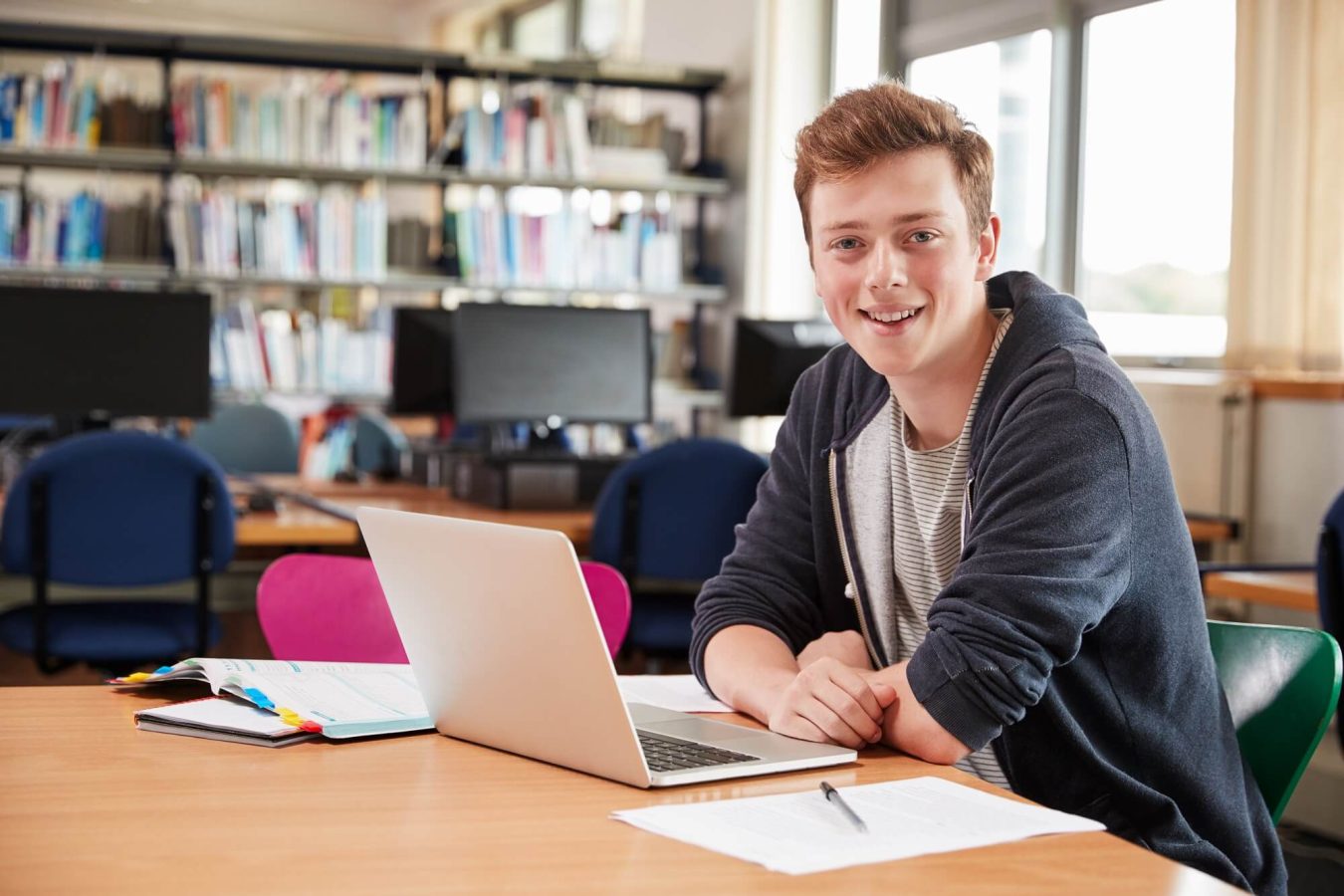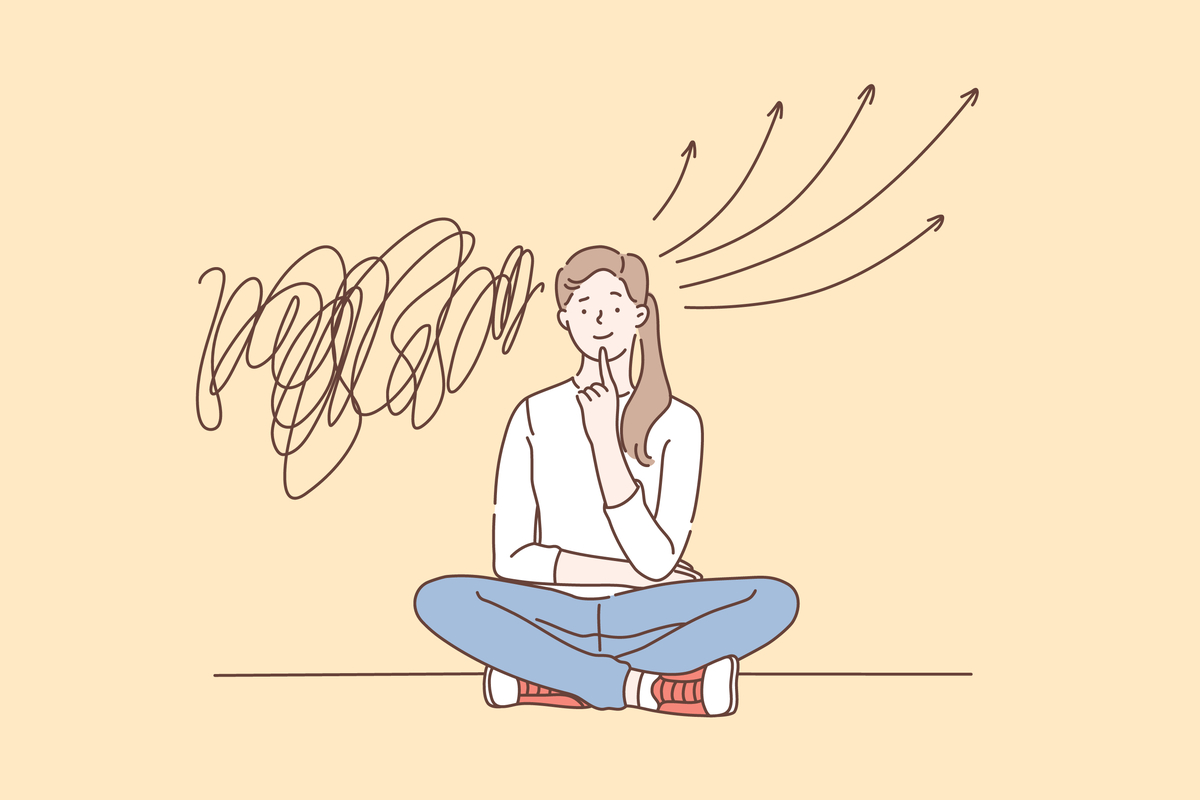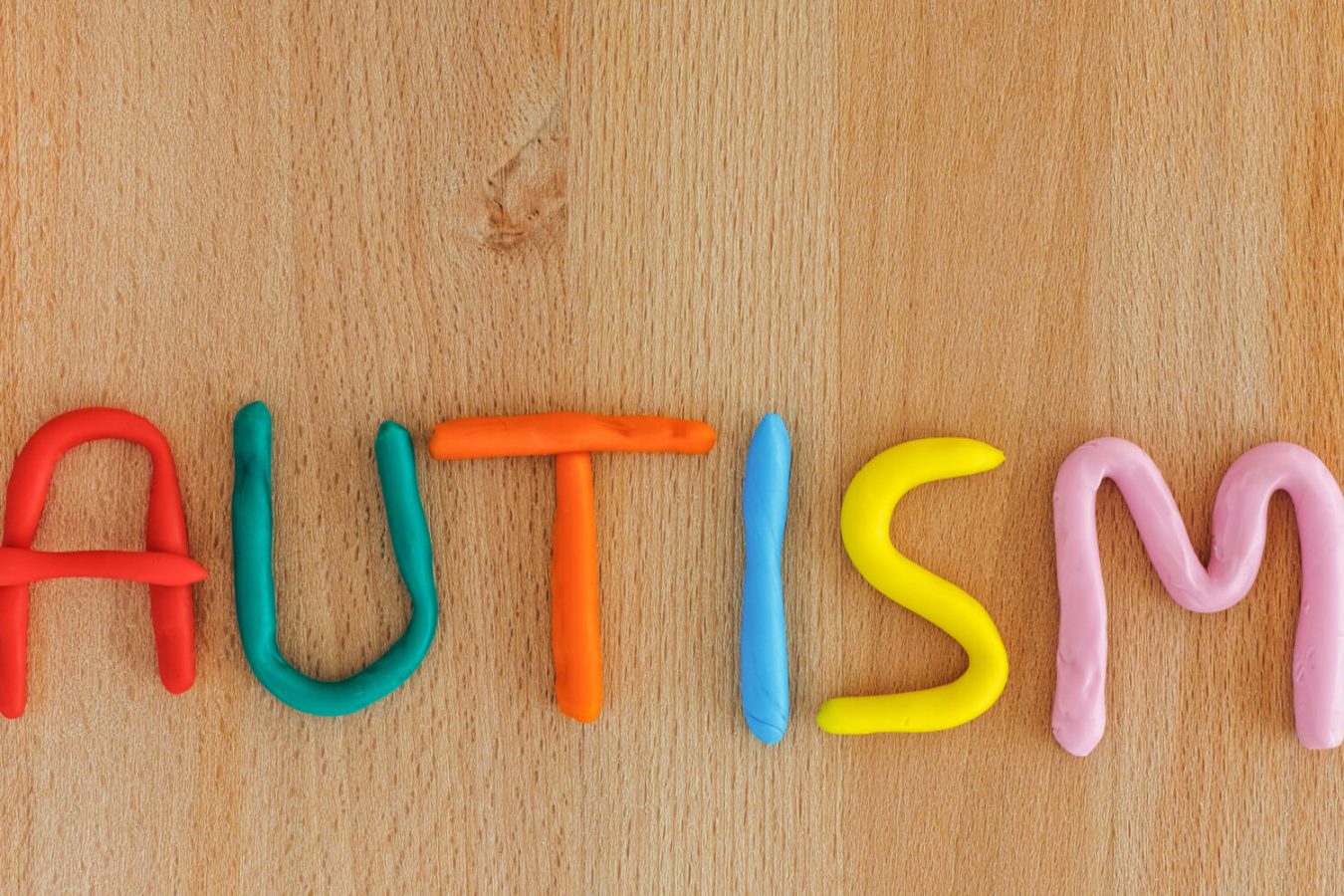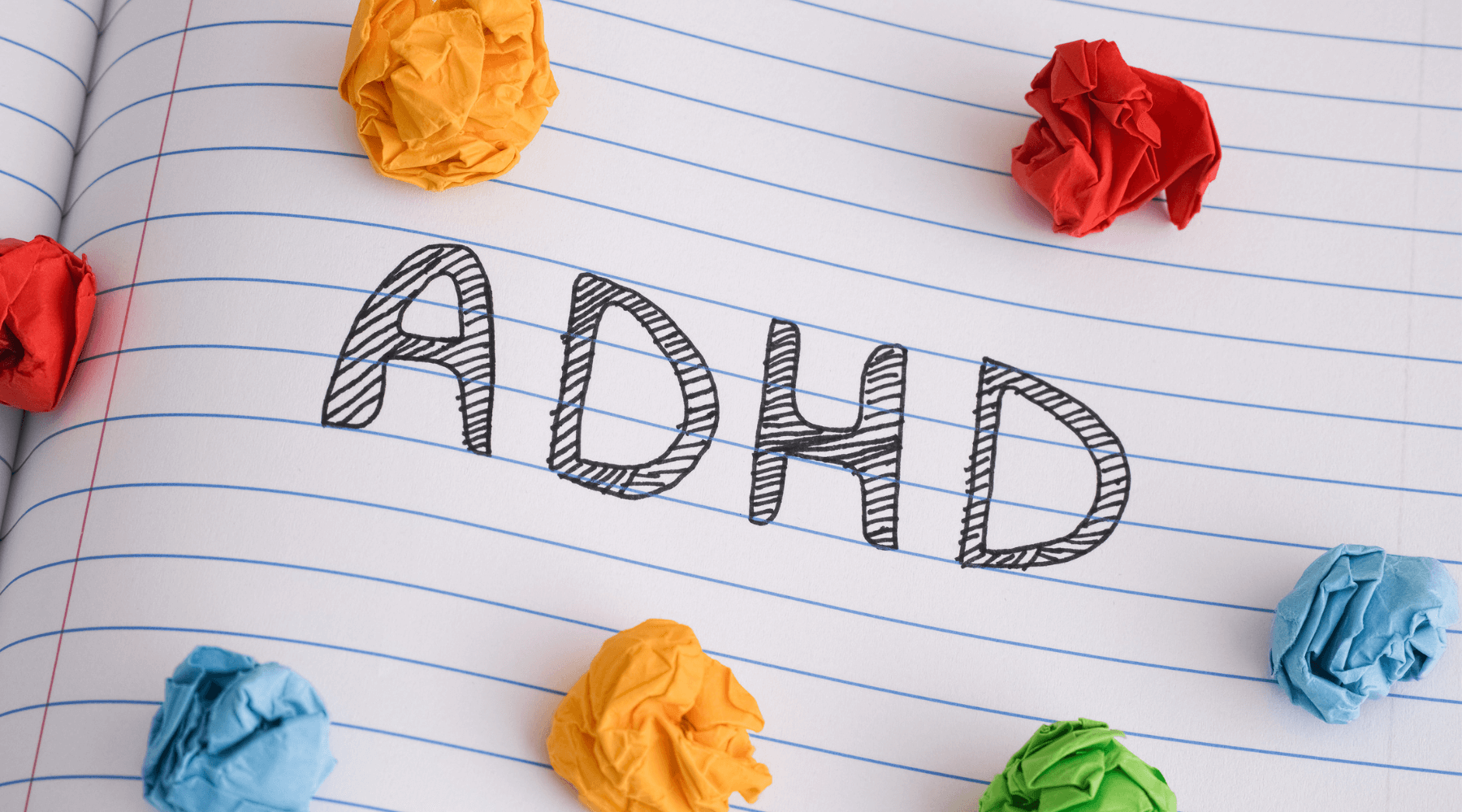
Clinical psychologist and family therapist Andrew Fuller explores practical ways to support our neurodiverse children and young people to reach their potential.
Some of these kids will have formal diagnoses of attention deficit and hyperactivity disorder (ADHD) with hyperactive or impulsive actions or inattention.
These are incorrectly labelled as ‘deficit disorders’ but are more accurately variations of the range of human experience with advantages as well as obstacles.
There are many factors that may play an important role in inattentiveness or hyper-activity, including sleep deprivation, lack of physical care or exercise, neurochemical imbalances, fear and worries about school. There are many other ways to support these kids that do not always involve medication.
One strategy is for young people to know their learning strengths and how their brain works to help focus them and increase academic results.
These kids are like belly buttons
It has taken more years of clinical psychology than I care to mention to finally realise that these kids are like belly buttons. Some are ‘innies’, and others are ‘outies’. We notice the ‘outies’ much more than the ‘innies.’ That’s because they are louder.
The ‘innies’
‘Innies’ are dreamy people who can appear not to listen and are more likely to obtain a diagnosis involving inattentiveness. They have short attention spans for regular events and hate doing boring things.
When some ‘innies’ try to concentrate, the level of activity in their frontal lobes decreases. Their brain turns off when it should be turning on.
In terms of learning, ‘innies’ often struggle with:
- Organising: can start but not finish things
- Time management and estimation
- Prioritising and sequencing
- Focusing and shifting attention
- Sustaining effort
The ‘outies’
‘Outies’ often gain diagnoses involving hyperactivity or impulsivity. Being an ‘outie’ can be like owning a sportscar fitted with the brakes that would struggle to stop a scooter.
‘Outies’ often struggle with:
- Controlling their impulses
- Managing when things are quiet and settled
- Shame and feelings of having revealed too much about themselves
One of the strongest, long-term predictors of well-being and resilience for both ‘innies’ and ‘outies’ is to help them be successful in school. Unassisted or unsupported, their long-term prospects can be worryingly bleak.
Converting Neurodiversity into Neuro-advantage
Neurodiversity gives humans a survival advantage through increasing flexibility and adaptability. We are not born to all think the same way. Our collective neurodiversity is a neuro-advantage.
These kids have energy to burn. They turn the volume up to eleven and keep it there. They wake up early, ready to fly. Others heroically hold it together all day long and then collapse into meltdowns later in the day or evening.
We often think about mindful calming as a process of slowing and calming. For some of these kids the more quickly experiences happen, the more able they are to focus and be engaged. Despite this, they are often mentally tired. It is a tough combination being tired and restless at the same time. The accelerator pedal is close to the floor, but it takes a lot of work to keep the steering working.
Neuro-advantages
In a world where people are often casually offhand, these kids are exuberant enthusiasts.
Hyperfocus means that they can focus on a task for hours on end, tuning out everything around them. Of course, this can interfere with sleep at times.
Helping them to see the value of their laser-like focus and then knowing how to broaden their thinking and to think creatively is a great neuroadvantage.
I admire the courage and bravery of these kids. Many of them will stand up for what they believe in and have a strong sense of justice. The obstacles they face in life mean that with support, they will become highly resilient.
Generally, they have a sensitively attuned sense of empathy and loyalty to people that they trust and who trust them.
How parents can help
These kids live their lives on the edge but that’s where the interesting things happen.
Neurodivergence tends to run in families and is often expressed differently in boys and girls. While neurodivergence bestows advantages, it can be hard work being non-mainstream. We need to celebrate differences while also helping them to fit in. We need to be careful to protect against an increased risk of depression and deprived sleep. At times their tendency to hyper-focus means they may ruminate on gloomy thoughts.
I have written about parenting these tricky kids in my books. The long-term aim is not for parents to manage these kids but for them to manage themselves.
Highly reactive young people need more positive life events. They need teachers and parents who are the antidote to the negativity they receive.
Living with these kids is challenging. Some don’t settle and they don’t sleep for long. For some, the completion of an hour of homework takes four hours with screaming. They live in messy rooms, write work projects in erratic handwriting and have chaotic life schedules. Parenting them is like trying to hold on to a squiggling salmon.
Learning strengths can help to direct their efforts towards their areas of strength. Complete the analysis of learning strengths at www.mylearningstrengths.com and use the free letter to create a conversation about building on the identified strengths. Discuss these with your child’s teacher(s). A full report is also available outlining strategies, strengths, and possible future career areas.
Spatial reasoning
Often an area of learning strength as they can often think more powerfully in images than in long strands of words. Using visuals rather than words, drawing, colouring, trail making, join the dots are some ways they can settle. Creating schedules with different colours for different activities can be helpful.
Increasing this learning strength will also promote their ability to ‘read’ other people.
Perceptual and motor skills
Careless or clumsy? While these kids can be quite physical, they can also be quite accident prone. Developing this learning strength through sport, rock wall climbing, martial arts or high intensity training benefits their learning.
These kids often prefer to do things rather than sit back and reflect on things. Their high-octane energy levels mean they are usually keen on physical activities and sports.
Individual sports will suit some of them more than team sports where higher levels of people smarts and verbal negotiation are required.
Dance, table tennis, badminton, martial arts movements, rapid tai chi, finger movement games and standing or walking will usually help these kids to focus or settle.
Computer games such as Pokémon GO, Wii Fit Zumba Fitness, Dance Dance Revolution and Fitness Boxing may also be helpful.
Some will seek out sensations if they feel distressed, others will avoid closeness and will react powerfully if someone invades their personal space, and others will use physical means to distract themselves. Knowing their preferences in advance is incredibly advantageous.
If there are difficulties in handwriting, spatial skills, fine motor development or sensory perception, further assessment may help.
Concentration and memory
Most of these kids underachieve at school because of variable concentration. However, they are able to develop a vice-like focus on things that fascinate them.
Exercise will help some. Others will benefit from reminders on smart phones and devices to keep track of time and to remind them to complete or shift to different activities or tasks.
They need consistency but also need stimulation to pay attention. The aim is a state of relaxed, alert stimulation.
Their heightened stress hormones decrease immunity and activity in their hippocampus, often resulting in memory problems.
Binaural beats, puzzles, memory quizzes, doodling, knitting, and fidget spinners are some ways to help these kids focus and learn.
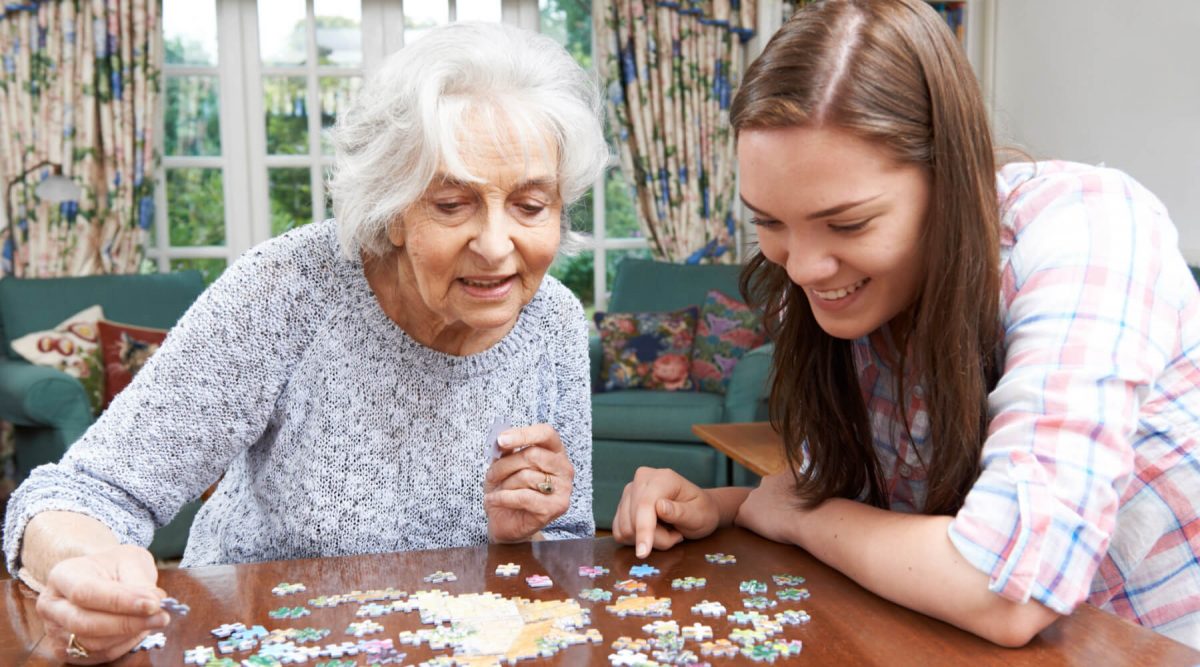
Thinking and logic
Developing these learning strengths is a great advantage for both ‘innies’ and ‘outies’. They are able to think clearly and logically but almost invariably, they act before they think which leads to learning problems. We need to have strategies for helping them have their actions align with their intellect. As ‘outies’ are often dramatic and conflict seeking some will love the ‘cut and thrust’ of debates and philosophical disputes. ‘Innies’ may prefer discussions about ethical approaches to social issues.
Forensic sciences may interest some; logic puzzles and ethical dilemmas can all help develop this learning strength. Chess is the best game for improvement of strategic and logical thinking. Code Hero, Portal and Portal 2, The Legend of Zelda – Kingdom of Tears are great strategy and thinking type games.
People smarts
A common misunderstanding is that neurodivergent kids always have poor interpersonal skills. This is not true. Some are highly tuned into others, pick up on the feelings of others accurately and are deeply sensitive.
Girls with attention issues can become prone to rejection sensitivity and become anxious and lose confidence in their own judgement in social settings. Boys may be more likely to express this by becoming oppositional. For these kids, moods and negativity are highly contagious. Be the antidote.
An accepting peer group is essential for these kids to develop people smarts. Cynicism and sarcasm are destructive forces in these kids’ lives. Never use them.
Some of these kids have interpersonal problems because it is generally not helpful to say to other people everything you think. Their energy and impulsivity can be seen by others as rudeness and thoughtlessness.
Games such as Slenderman, Flappy Bird, Tap the Frog and Ant Smasher help students to recognize their emotional reactions to different experiences and develop awareness about the physiological component of emotions.
Learning ‘people reading’ and conversational skills is a major long-term advantage.
Language and word smarts
This learning strength can be developed through theatre sports, acting and debating. The intensity of life for some of these kids means they seek calm and refuge in graphic novels. Others write and illustrate diaries and notes. I suspect that all great poets and quite a few songwriters are neurodivergent.
Word games, crossword puzzles, find the word games, graphic novels, and Wordle are just some of the activities that develop this further.
Some neurodivergent kids become avid readers as it helps them to understand mysteries in their personal world.
Number smarts
Relate numbers to activities – distance, speed, force, impact. You will often get further in this area assisting the active kids to develop trails, jumps and skate ramps than by talking about numbers abstractly. Try to include a physical option outdoors wherever you can.
Estimation games, measurement activities, surveying, mapping, and sudoku will all help these kids to focus.
Computer games such as Farming Simulator are good for stretching number smarts. It allows players to work as a farmer who raises livestock and grows and sells crops to earn money. Players can control farm machinery and breed animals in the game.
In summary too many of our neurodivergent kids with attention issues conclude they are not clever and can’t succeed at school. This is not true. It takes some time and planning to create a clear learning success plan, but the payoffs are substantial.
Careful thought about helping them identify and build learning strengths makes a major longterm difference to their lives.
At school they may need extra time on tests, a quiet room, oral clarification of tasks and assistance to focus on important issues.
Of course, the strategies mentioned in this paper don’t only apply to young people. They may also help some adults.
Next Steps
Schools could ask parents and students to complete the assessment of learning strengths and use this as a basis for collective planning over the next term. This could also be integrated with career planning for senior students.
Schools could also consider hosting professional development sessions on neurodivergence and learning strengths to consider ways of building on the strengths of all students.
It is essential that we regard neurodivergence as a strength rather than as a deficit and applaud, support and build the strengths of all of our wonderful young people.
Copyright Andrew Fuller.
Like this post? Please share using the buttons on this page.
A note from Andrew
I am inspired by the work of Professor Amanda Kirby and Liz Keable and recommend their work to you. Both generously share their research on LinkedIn.
I also value my discussions with Kerry Gilmore and Jess Duff who helped in preparing this paper and I express my gratitude to them.
About Andrew
Andrew is a clinical psychologist and family therapist, author and speaker, and a regular contributor to The Parents Website.
More tips about how to maximise your success can be found at:
Andrew’s websites
www.andrewfuller.com.au
www.mylearningstrengths.com (45,000 young people in the past year discovered their learning strengths and found how to increase success and motivation).
Books for parents
Tricky Conversations
Tricky Teens and Emerging Adults: A survival guide for parents
Unlocking Your Child’s Genius: How to discover and encourage your child’s natural talents
Books for teachers
Guerilla Tactics for Teachers: The Essential Classroom Management Guide
Work Smarter, Not Harder: Study skills for students who dislike homework
Tricky Conversations: How to have less conflict and more peace in your life
Neurodevelopmental Differentiation: Optimising Brain Systems to Maximise Learning

